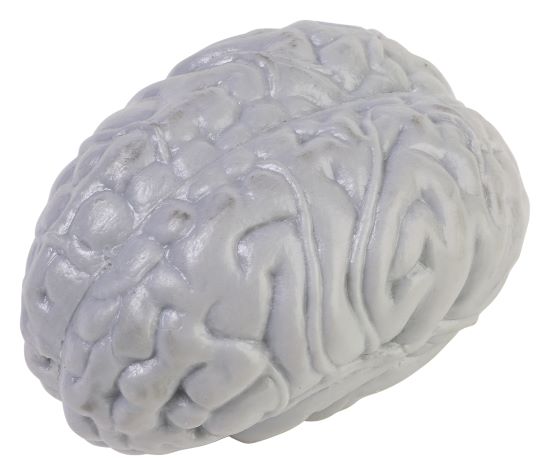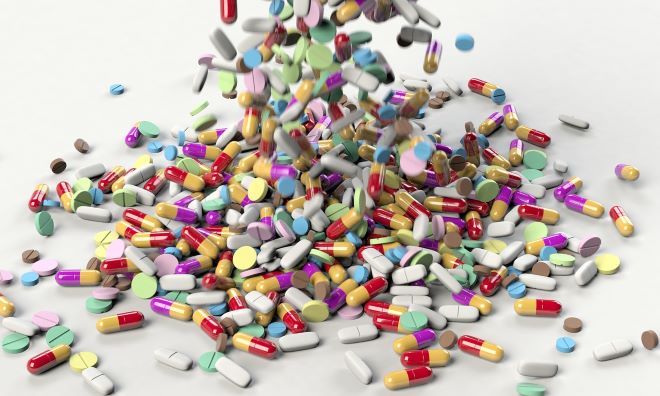Research over 50 years has failed to find proof that any brain chemical imbalance causes depression.
The latest study to find no scientific basis for the chemical imbalance theory of depression provides a compelling reason for mental health agencies and organizations to remove all mention of the idea from their websites and printed materials. Countless Americans have been misled into taking antidepressants in the belief, promoted by the psychiatric industry, that the drugs would cure a presumed biological cause of their depression. Yet 50 years of research has failed to prove that cause.
The new research, which for the first time integrated all relevant research, was a systematic review conducted by a team of researchers from the U.K., Spain and Switzerland to evaluate whether scientific evidence supported the theory that a lack of the brain chemical serotonin causes depression. Their conclusion, published last month in Molecular Psychiatry, states: “Our study shows that this view is not supported by scientific evidence. It also calls into question the basis for the use of antidepressants.”
They further advised, “It is time to acknowledge that the serotonin theory of depression is not empirically substantiated.”

That acknowledgment should come in the form of immediately removing language about a chemical imbalance of the brain from the websites and materials of government agencies and mental health organizations, as well as from direct-to-consumer advertising, according to Anne Goedeke, president of the Citizens Commission on Human Rights (CCHR) National Affairs Office. CCHR has been warning since the late 1980s that the theory of a chemical imbalance of the brain has no basis in science.
“The sources of information that patients and their health care providers rely on should not carry information about depression that is speculative and unproven,” says Goedeke. “The idea of a chemical imbalance is not supported by science and misleads people into taking antidepressants to fix a problem that isn’t there.”
“We should actively counter this myth and remove it from medical information conveyed to patients because it is not supported by evidence.”
– Researchers Joanna Moncrieff, M.D., and Mark Horowitz, Ph.D.
Following publication of the study, two of the researchers, Joanna Moncrieff, M.D., a psychiatrist and professor at University College London, and Mark Horowitz, Ph.D., a clinical researcher in psychiatry at North East London NHS Foundation Trust and University College London, addressed the harm that the disinformation about a chemical imbalance has created.
Writing on the Mad in America website, they observed that “patients have been misled. It is alarming to hear that there is a problem in your brain and it is misleading to suggest that we know there are drugs which can fix it.” What’s more, they warned that taking antidepressants “may also prevent people from identifying and addressing the problems that made them depressed in the first place.”
“We should actively counter this myth and remove it from medical information conveyed to patients because it is not supported by evidence,” they wrote.
The widespread dissemination of the idea of a chemical imbalance of the brain causing depression has led the vast majority of the public to believe the idea is an established scientific fact. As a result, some 44 million Americans, including 2.2 million children and teens, are currently taking antidepressants, which carry the risk of side effects that include emotional dulling, insomnia, sexual problems, fatigue, sleep problems, tremors, anxiety, hostility, aggressiveness, loss of judgment, and the impulsivity and mania that can lead to violence and suicide.
Those who want to stop taking antidepressants should do so only under a doctor’s supervision because of the risk of serious withdrawal symptoms, though doctors still have no clear guidance on how to taper patients off the drugs. The importance of a slow tapering is underscored by a study of antidepressant withdrawal effects, which found that more than 56% of people who attempt to come off antidepressants experience withdrawal symptoms, with nearly half (46%) of them rating those symptoms as “severe.”

Doctors, particularly psychiatrists, played a key role in the promotion of the now-discredited chemical imbalance theory and the rapid rise in the number of antidepressant prescriptions that resulted. In an earlier study in which Moncrieff participated, researchers examined the coverage of the serotonin theory of depression in a sample of highly cited and influential psychiatric and psychopharmacological literature over the 20-year period starting in 1990, when the serotonin theory was first popularized. They found that the psychiatric profession and academic community endorsed the theory and bear responsibility for its propagation and “the mass antidepressant prescribing it has inspired.”
The Royal College of Psychiatrists in Britain, responding to the most recent research that found no proof of low serotonin levels causing depression, has now removed its reference to chemical imbalances, according to Moncrieff. In contrast, the American Psychiatric Association website continues to stick with the imbalance theory and to promote antidepressants to “help modify one’s brain chemistry.”
U.S. government websites also support the chemical imbalance theory, despite research showing it is not scientifically valid. MedlinePlus, a service of the National Library of Medicine in the National Institutes of Health (NIH), misinforms in its online magazine that antidepressants “can help balance chemicals in our brains.”
The National Institute of Mental Health (NIMH) website misleads by stating that antidepressants “may help improve the way your brain uses certain chemicals.” The Veterans Administration website promotes the debunked idea that antidepressants work “by increasing the availability of brain chemicals.”
After 50 years of failed attempts to prove a biological cause of depression, and in light of the recent comprehensive review of the research that confirms there is no proof, CCHR calls for the removal of language about a chemical imbalance of the brain from the websites and materials of government agencies and mental health organizations, as well as from direct-to-consumer advertising, to stop giving the public a misconception about depression that drives them to take antidepressants to fix a non-existent biological problem.
WARNING: Anyone wishing to discontinue or change the dose of an antidepressant or other behavioral drug is cautioned to do so only under the supervision of a physician because of potentially dangerous withdrawal symptoms.
